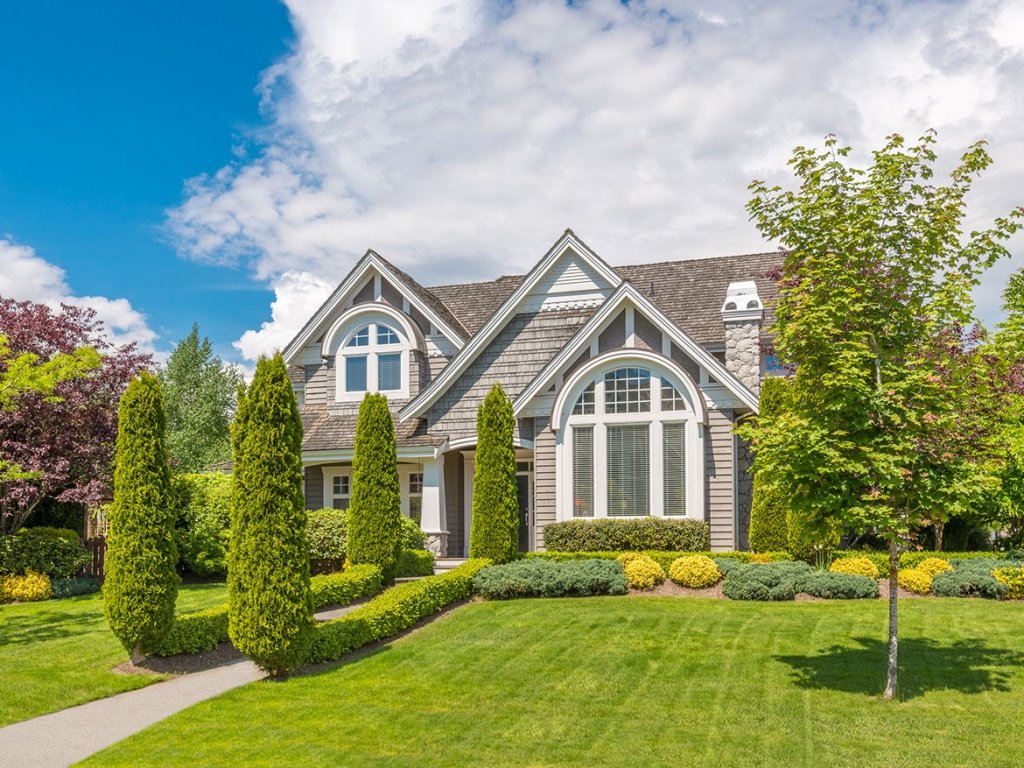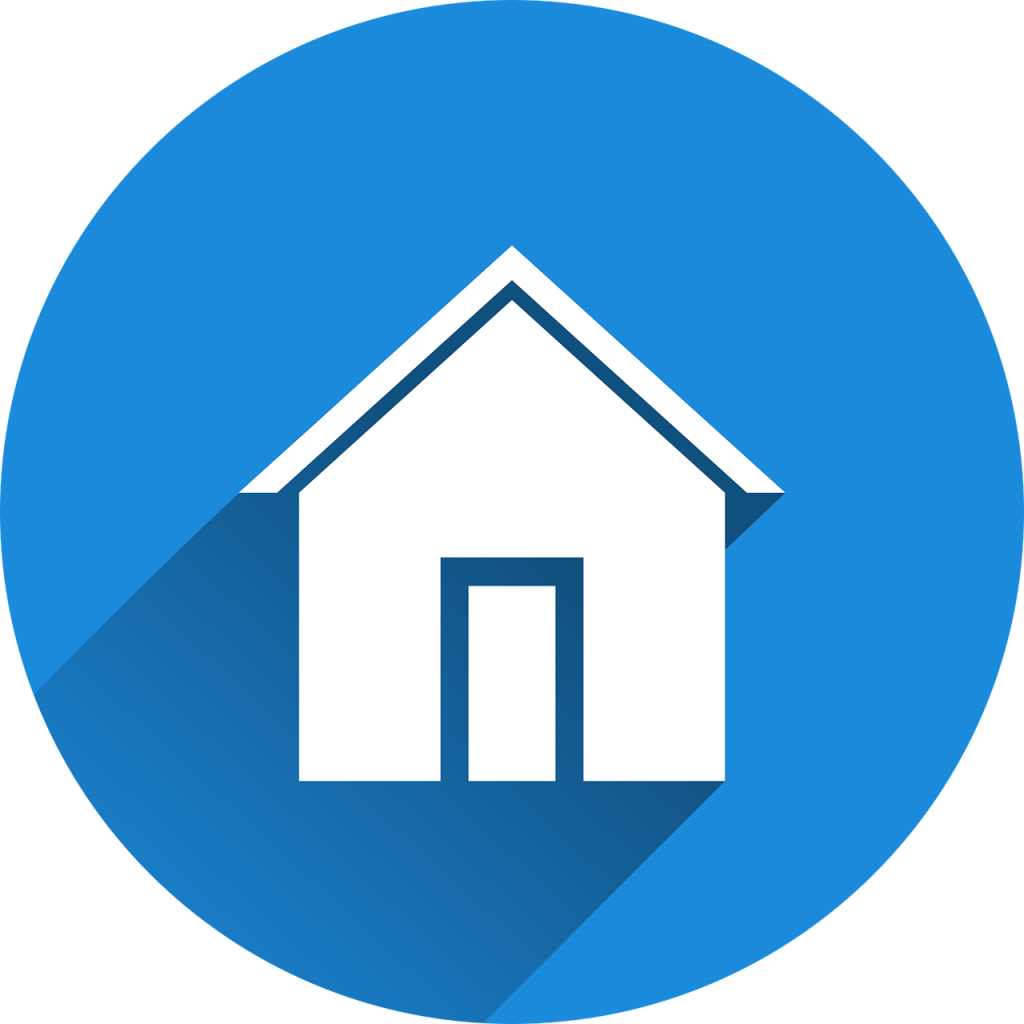With a high credit score, you can get favorable loan terms that will save you gobs of money over the life of your mortgage loan. But you can still get a loan with a score as low as 500 (for FHA Loans) or 620 (for conventional loans). However, be warned that lenders became stricter about these limits during the coronavirus pandemic.
Once HUD accepts your bid for one of its homes, it typically takes 7 to 14 days to receive a fully executed contract from the agency. After winning bidders receive the sales contract, mortgage purchasers get 45 days to close, while cash buyers get 20 days.
FHA loan: The go-to loan program for buyers with weaker credit.
VA loan: No down payment loans for borrowers with a military connection.
USDA loan: 100% financing on rural properties.
Fannie and Freddie: Conventional loans with just 3% down.
State first-time home buyer program: Assistance specifically for residents.
Home renovation loan: Buy a home and remodel it with one loan.
FHA 203(b) is the standard FHA loan that does not call for repairs to the home other than possibly repair escrows not to exceed $5,000.
- The FHA 203k loan program is a program that allows the borrower to obtain money within the financed loan to make necessary repairs. If a home requires more than $5,000 of repairs the borrower takes a loan out for the amount of the sales price plus the estimated repair cost. Then after closing and funding the borrower hires the contractors to perform the work and turn over final invoices to the lender for the payment of those invoices. The lender handles all the payments of the invoices and usually requires a third-party inspector to verify the work was completed before final payment is released.
- FHA’s Streamlined 203(k) program permits homebuyers to finance up to an additional $35,000 into their mortgage to improve or upgrade their home before moving in. Homebuyers can quickly and easily tap into cash to pay for property repairs or improvements, such as those identified by a home inspector or an FHA appraiser. Homeowners may make property repairs, improvements, or even prepare their home for sale.
Dollar Homes: Foreclosed homes for sale by the government.
Many first time home buyers believe they have to put 20 percent down on a home. But that’s far from true.
In fact, the avrage down payment for first time home buyers is only 6 percent. On a $250,000 home purchase, that would be just $15,000.
And there are loan programs that let you buy with even less than 6 percent down. For example:
FHA loans — 3.5% down
VA loans — 0% down
USDA loans — 0% down
Conventional 97 loans — 3% down
Some of these programs have special requirements, but most are available to the general public. (We’ll get into more specifics about loan programs below.)
The main takeaway here is that down payments are flexible.
Yours should depend on your monthly income, what you currently have saved, how expensive the home is, and what your overall home buying goals are.
Briefly, the pros and cons of bigger versus smaller down payments are:
Bigger down payment — Lower interest rate and lower monthly payment
Smaller down payment — Buy a home and start building equity sooner, keep more of your savings intact for emergency expenses
HUD pays closing costs of up to 3% of the purchase price, including a mortgage origination fee of up to 1%, as well as the real estate broker’s commission. However, these expenses come off the top when the management company evaluates all the bids.





